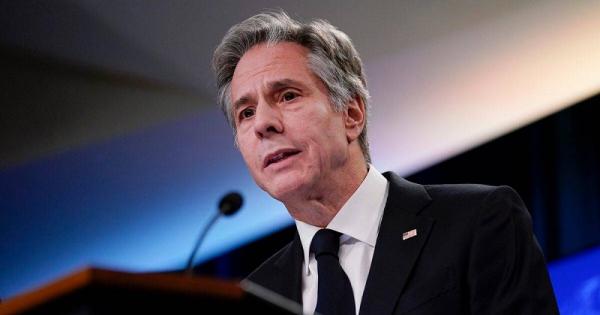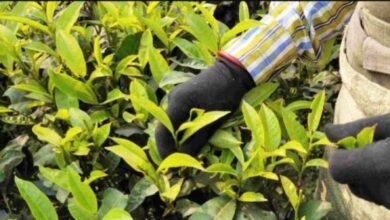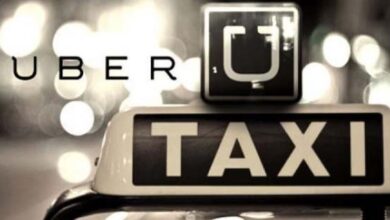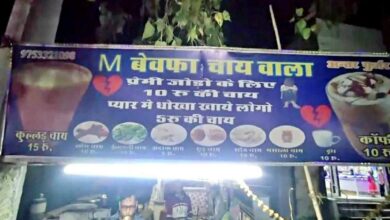Perarivalan’s release and some questions

AG Perarivalan, convicted in the assassination of Rajiv Gandhi, has been acquitted by the Supreme Court in exercise of the powers of Article 142 of the Constitution to be exercised in exceptional circumstances. The release of a prisoner sentenced to life imprisonment after serving a sentence of about 30 years seems to be a just and humane thing. No one should object to this. But the case of Perarivalan is not so straightforward and simple. There are many screws in this and that is why this release is under question.
The developments from the release process to Perarivalan’s release raise many questions. Unfortunately, all these questions are worrying and the judiciary, government, media and political parties will have to find honest answers to them.
The first question is, how did the case of a criminal involved in the conspiracy to assassinate a former prime minister become a matter of identity of a particular region? There was a lot of politics and agitations for the release of Perarivalan in Tamil Nadu. Political parties supported his release in the name of public sentiment. The question is whether governments and judiciary can operate only under the pressure of public sentiment? Rallies, processions are taken out in support of suspected terrorists in Jammu and Kashmir and there is a demand for their release. There too, like in Tamil Nadu, what if all the parties come together to demand the release of a terrorist or a terrorist’s associate? Can the argument of ailing father and old mother become a ground for the release of a person convicted of a very serious crime? Won’t this boost the morale of terrorists?
Similar is the case of Balwant Singh Rajoana, who was sentenced to death for the murder of Punjab Chief Minister Beant Singh. Rajoana was sentenced to death by a special court, against which she declared not to appeal. He wrote an open letter to the media and expressed his distrust in the judicial system of India. Later, the Shiromani Gurdwara Prabandhak Committee filed a mercy petition, acting on which the then Congress government in 2012 stayed the death sentence. Since then the issue of Rajoana is pending and the demand for his release has now turned into a religious, social movement. This is also a matter related to the identity of a terrorist and his politics. Perarivalan’s release also paves the way for Rajoana’s release.
The second question pertains to the malpractices in the investigation of such a serious crime. One of the investigating officers has himself admitted to tampering with the investigation report. AG Perarivalan was alleged to have bought two nine-volt batteries and gave them to Sivarasan. This battery was used to make bombs and Rajiv Gandhi was assassinated by the same bomb. In his confession under the TADA Act, Perarivalan had confessed to buying the battery and giving it to Sivarasan. On this basis, the court considered him to be an accomplice of terrorists and sentenced him to death. His death sentence was also upheld by the Supreme Court, which was later commuted to life imprisonment. However, in every hearing, Perarivalan kept claiming that he was innocent. Later in 2013, V Thiagarajan, an IPS officer involved in the investigation, said that Perarivalan, in his statement, had confessed to buying the battery and giving it to Sivarasan, but he did not know what it would be used for. Thiagarajan himself admitted that he added the conclusion to the report on his part that Perarivalan knew that the battery would be used to make bombs. That was true even then Perarivalan was not innocent but his crime was not so great that he would have to spend 30 years in jail. Then the question is why no action was taken against the investigating officer and why did the judiciary not take cognizance of it and change its decision?
The third question is on the role of the judiciary. Justice KT Thomas was the chairman of the Supreme Court bench which upheld Perarivalan’s death sentence. After retiring, Justice Thomas had said in an interview that he was not in favor of taking the confessional statement or the statement of one accused against the other as the final truth and giving the verdict. He had said that a confession is not a solid evidence, but a corroborating evidence, which has to be mixed with other evidence. Justice Thomas said that he tried to explain to his fellow judges on the bench this point of the Conventional Evidence Act, but the majority was of the opinion that a confession under the TADA Act was sufficient to punish. Think, in such a serious matter, shouldn’t the Supreme Court of the country have taken a decision with a more comprehensive view? Keep in mind that the Supreme Court is not a slave to any law, but its job is to interpret and review the law.
The fourth question is about the role of the Governor and the President. The Tamil Nadu government had sent a proposal for Perarivalan’s release to the governor in September 2018. The governor did not take any decision on this for two and a half years. The proposal was lying in the Raj Bhavan. In July 2020, the Madras High Court made a very sharp comment on this, saying that no time limit has been fixed for the decision of the Governor, but it has been done because faith and trust are attached to that post. Further, the court said that if the constitutional bodies do not decide in a given time, then it will become mandatory for the courts to intervene. Despite this remark, the proposal remained pending with the Governor for more than six months and instead of taking a decision on it in February 2021, he sent it to the President. When the President did not take any decision for more than a year, then the Supreme Court also made very sharp remarks and released Perarivalan using its powers under Article 142.
After this development, doesn’t it become necessary that a definite time frame should be fixed for the decision of the Governors? Today, from Tamil Nadu to West Bengal and Maharashtra, many governors are complaining to the governments that they keep sitting with the decisions of the assembly and the proposals sent by the central government. A window is open from the Perarivalan case. There should now be a fixed time frame for deciding on the proposals sent by the governments to the governors. This will be of great benefit to the common people. There is a question for the Indian media as well. On May 19, the day after Perarivalan’s release was decided, an English newspaper published his article. Whether knowingly or unknowingly, he helped terrorists and has been a partner in the assassination of a former prime minister. He is not a revolutionary. He has been released from jail after serving in the murder case. Glorifying the ‘struggle’ of him and his mother is the beginning of a dangerous tradition.




